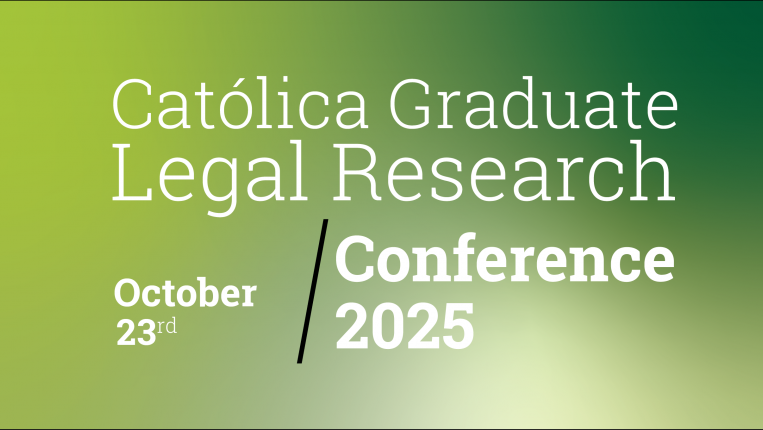The researchers of the Fair MusE project - an EU Horizon Europe research project dedicated to promoting fairness and justice in the music industry - recently launched the Fair MusE Portal. This innovative online platform serves as a hub for collecting and analyzing music streaming data from users across Europe, with a specific focus on major streaming services such as Spotify, Apple Music, and YouTube.
The main aim of the Fair MusE Portal is to evaluate the impact of platform algorithms on the exposure and diversity of music repertoires across Europe. One of the key features of the platform is the opportunity for users to become "playlist donors." How can you contribute to the project's mission? Through a simple two-stage process outlined on the portal's interface:
- Select a preferred streaming platform - be it Spotify, Apple Music, or YouTube - and request their streaming data.
- Upon receiving this data, upload it to the designated page on portal.fairmuse.eu.
By participating in this initiative, users play a vital role in shaping a fairer and more enriching music ecosystem in Europe.
Fair MusE Project

Universidade Católica Portuguesa acts as Coordinator of the Fair MusE research project under the leadership of Principal Investigator Giuseppe Mazziotti, researcher at Católica Research Centre for the Future of Law and Abreu Professor in Law and Innovation at Católica Global School of Law. Financed under Horizon Europe, the EU’s research and innovation funding programme, Fair MusE aims to investigate and promote fairness for music creators and stakeholders from an interdisciplinary perspective. The ultimate end of this three-year project is to produce evidence-based outcomes leading to a more transparent, competitive, and sustainable music ecosystem in Europe. Fair MusE focuses specifically on the dominance of online platforms and their algorithms and will investigate: (i) the legal responses that have been proposed in the EU; (ii) the changes these platforms have brought to the music industry and music professionals; and (iii) the impact of such algorithms on music consumption.



